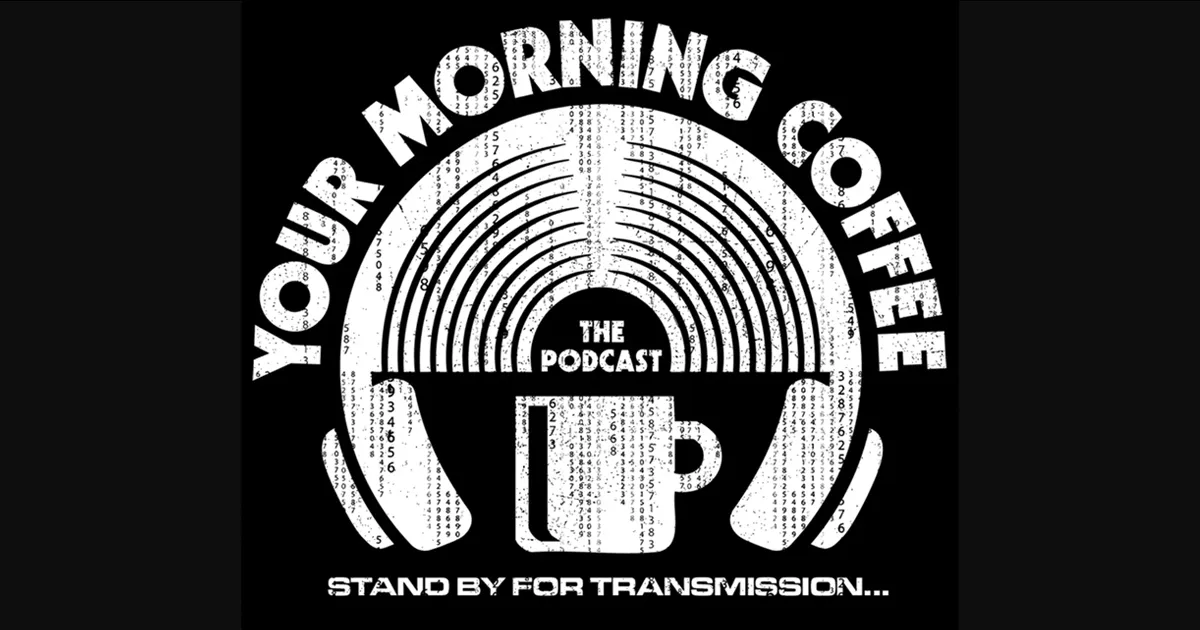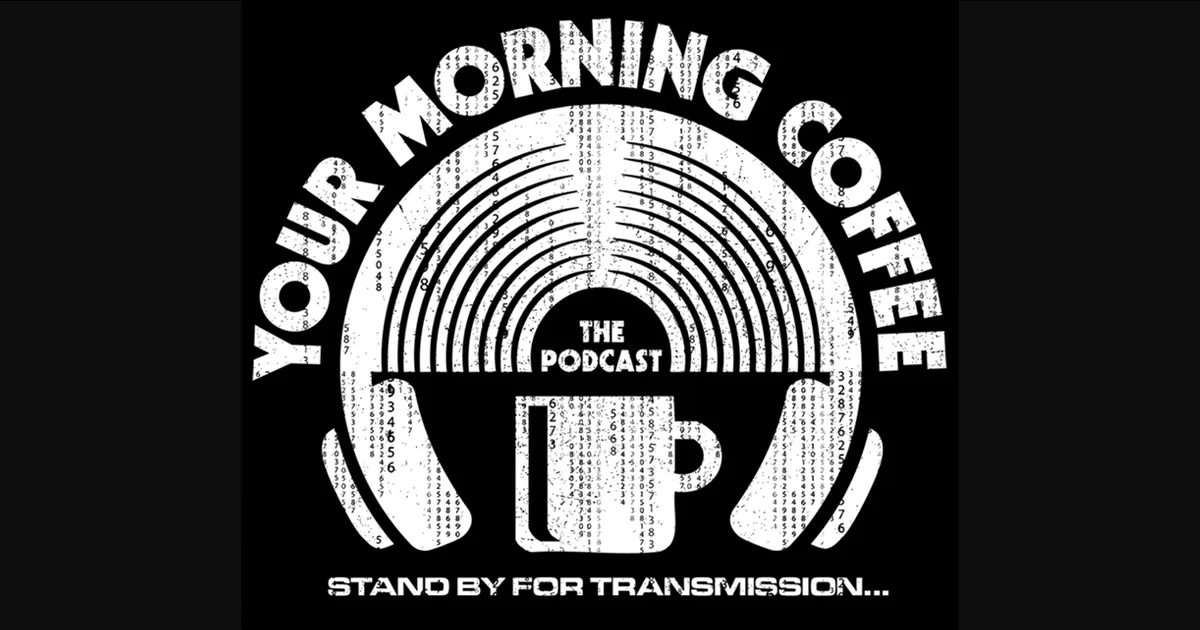Guest Post by Will Buckley on NPR Fare Play
They’ve all signed on as members of an industry funded organization called the Mic Coalition, posing as an organization watching out for the consumer.The Mic Coalition has nothing to do with protecting the consumer, many of whom already pay nothing for music. The truth? Mic Coalition was created to maintain the status quo keeping the compensation to musicians and songwriters for broadcasting their music below the poverty line.Related articles










